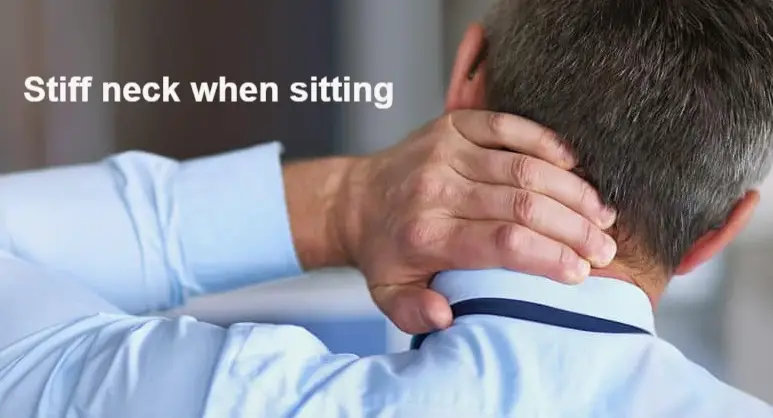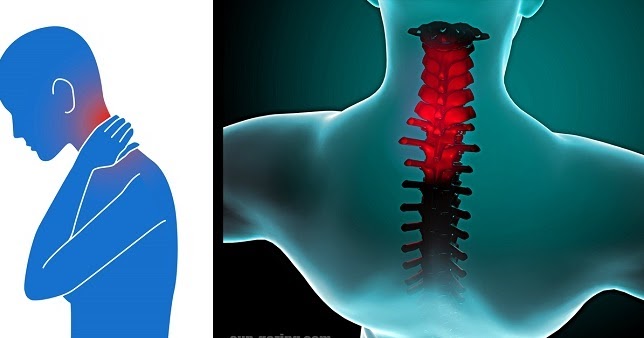A stiff neck, also known as torticollis, is a common condition that can cause discomfort and limit movement. It often occurs when the muscles in the neck become strained or irritated, leading to pain and stiffness. This article will explore the various causes of this condition, its symptoms, and the available treatment options to help you better understand and manage it.

What Is Stiff Neck (Torticollis)?
A stiff neck refers to a condition where the neck muscles become tight, making it difficult to move the head freely. Torticollis, on the other hand, is a specific type of stiff neck characterized by an abnormal twisting or tilting of the head due to muscle spasms. Both conditions can range from mild to severe and may last for a short period or persist over time.
Common Causes of Stiff Neck
There are numerous potential causes of a stiff neck. Understanding these causes can help in identifying the appropriate treatment and preventing future occurrences.
Poor Posture
One of the most frequent causes of a stiff neck is poor posture. Sitting or standing with the head tilted forward for extended periods, such as while using a computer or smartphone, can strain the neck muscles. Over time, this strain can lead to stiffness and discomfort.
Muscle Strain
Muscle strain occurs when the neck muscles are overused or injured. This can happen due to sudden movements, such as whiplash from a car accident, or repetitive motions like turning the head repeatedly during certain activities.
Sleeping Position
An awkward sleeping position can also contribute to a stiff neck. Sleeping on an unsupportive pillow or in a position that forces the neck into an unnatural angle can cause the muscles to tighten overnight.
Infections
In rare cases, infections can lead to a stiff neck. For example, meningitis, an infection of the protective membranes surrounding the brain and spinal cord, can cause neck stiffness along with other symptoms like fever and headache.
Underlying Medical Conditions
Certain medical conditions, such as arthritis or herniated discs, can also result in a stiff neck. These conditions affect the joints and tissues in the neck, leading to inflammation and restricted movement.
Symptoms of Stiff Neck
The symptoms of a stiff neck can vary depending on the underlying cause. However, some common signs include:
- Pain or discomfort in the neck area
- Limited range of motion when trying to turn or tilt the head
- Muscle spasms or tightness
- Headaches, especially at the base of the skull
- Difficulty maintaining proper posture
In cases of torticollis, the head may appear tilted to one side, and there may be visible swelling or tenderness in the affected muscles.
Diagnosing a Stiff Neck
To diagnose the cause of a stiff neck, healthcare providers typically begin with a physical examination. They may assess the range of motion, check for areas of tenderness, and inquire about recent activities or injuries. In some cases, additional tests may be necessary.
Imaging Tests
X-rays, magnetic resonance imaging scans, or computed tomography scans may be used to rule out fractures, herniated discs, or other structural issues in the neck.
Blood Tests
If an infection is suspected, blood tests may be conducted to check for elevated white blood cell counts or other markers of inflammation.
Treatment Options for Stiff Neck
The treatment for a stiff neck depends on its cause and severity. In many cases, simple home remedies and lifestyle adjustments can provide relief. However, more persistent or severe cases may require medical intervention.
Rest and Activity Modification
Resting the neck and avoiding activities that exacerbate the pain can help the muscles recover. It is important to maintain gentle movement to prevent stiffness from worsening, but strenuous activities should be avoided until the pain subsides.
Heat and Cold Therapy
Applying heat or cold packs to the affected area can reduce inflammation and alleviate pain. Cold therapy is typically recommended within the first 48 hours of injury, while heat therapy can be beneficial afterward to relax tight muscles.
Over-the-Counter Pain Relievers
Medications such as ibuprofen or acetaminophen can help manage pain and reduce inflammation. These should be used as directed and only for short-term relief.
Physical Therapy
Physical therapy exercises can strengthen the neck muscles and improve flexibility. A physical therapist may recommend specific stretches and strengthening routines tailored to the individual’s needs.
Massage Therapy
Massage can help relieve tension in the neck muscles and promote relaxation. It is often used in combination with other treatments for optimal results.
Chiropractic Care
Some individuals find relief through chiropractic adjustments, which aim to realign the spine and reduce pressure on the nerves. However, it is essential to consult a qualified professional before pursuing this option.
Medical Interventions
In cases where conservative treatments fail, medical interventions such as corticosteroid injections or muscle relaxants may be prescribed. Surgery is rarely required but may be considered for severe structural issues.
Preventing Stiff Neck
While not all cases of stiff neck can be prevented, certain measures can reduce the risk of developing this condition:
- Maintain good posture while sitting, standing, and sleeping
- Use ergonomic furniture and supportive pillows
- Take regular breaks from activities that involve repetitive neck movements
- Stretch and strengthen neck muscles through regular exercise
- Avoid carrying heavy bags on one shoulder
When to Seek Medical Attention
While most cases of stiff neck resolve on their own, certain symptoms warrant immediate medical attention. These include:
- Severe pain that does not improve with rest or over-the-counter medications
- Fever, nausea, or vomiting accompanying neck stiffness
- Numbness, tingling, or weakness in the arms or hands
- Difficulty walking or maintaining balance
If any of these symptoms occur, it is crucial to seek medical evaluation promptly to rule out serious underlying conditions.





